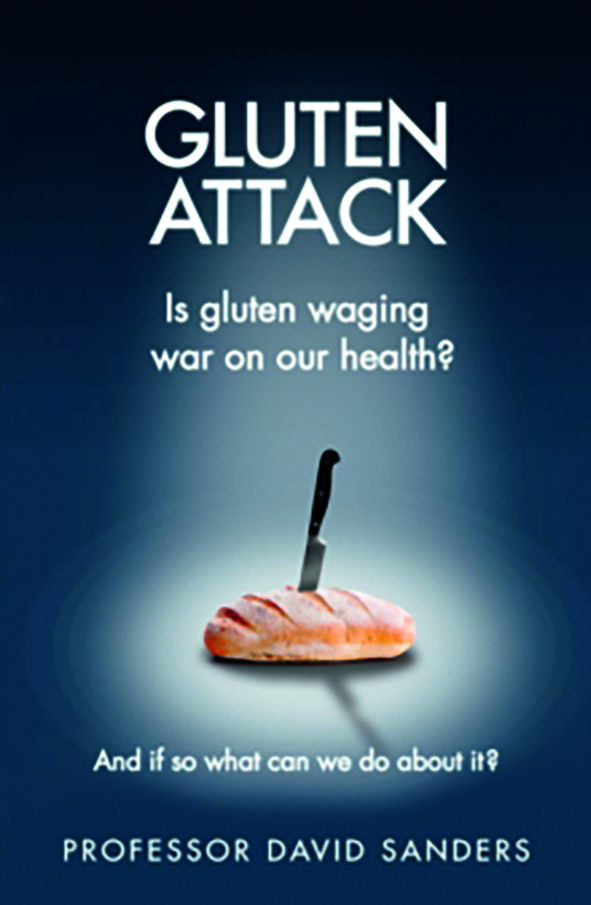
Ever since Novak Djokovic announced that he was going ‘gluten free’, there has been controversy surrounding the role of gluten in health and wellbeing. Is it a panacea for the worried well or are we unfairly branding a cohort of patients ‘neurotic’ because of deficiencies in our own understanding?
It is well known that sufferers of coeliac disease should avoid gluten for clearly-defined medical reasons, but what about others? Does gluten have more widespread effects on the body and mind? A lot of misinformation is spread via the Internet about the role of gluten in health and wellbeing and this book separates the — er — wheat from the chaff.
Professor David Sanders, as one of the UK’s leading experts on coeliac disease with an international reputation among his peers for his research, is best placed to guide us through the latest evidence. He uses his vast depth of knowledge to outline the very latest research, with great humility and in ways that our patients can understand. Interspersed with a series of ‘rules’ that separate fact from fiction, he helps you, the reader, to draw your own conclusions.
This very readable book has everything and takes you from the historical role of gluten in society, via the physiological effect of gluten on the gut, through to the latest understanding of some of the more widespread effects. He also dips into the subject of IBS and how a variety of diets, including the FODMAP diet fit into the equation. What emerges is a feeling that we’re on the brink of a possible shift in our understanding of the role of gluten in a whole host of diseases. The book concludes with a selection of gluten-free recipes.
Highly relevant to primary care, I cannot recommend this book enough to both clinicians and patients. It will change your practice.


